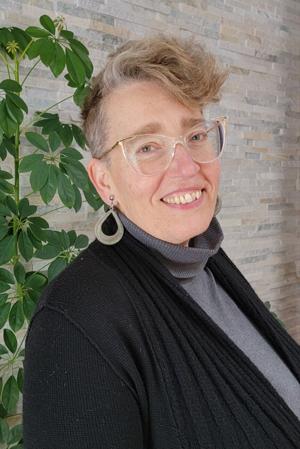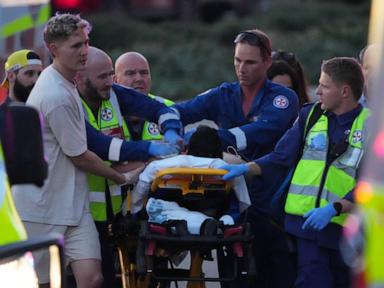Experts Analyze What It Would Take for Maduro to Leave Power

The future of Nicolas Maduro, the President of Venezuela, remains uncertain as political analysts and international figures debate his potential exit from power. Amid a $50 million bounty on his head, increased activity from the CIA in Caracas, and military maneuvers by the United States in the Caribbean, discussions about his fate have intensified. Some commentators envision a scenario similar to the ousting of leaders like Saddam Hussein or Manuel Noriega, while others speculate on the possibility of Maduro resigning voluntarily.
On March 15, 2024, Colombian Foreign Minister Rosa Yolanda Villavicencio Mapy suggested that a negotiated exit would be the “healthiest” option for Maduro. She expressed hope that he might consider a transition allowing him to step down without facing imprisonment, leading to legitimate elections in Venezuela. Following her comments, the Colombian government clarified that it does not intend to interfere in Venezuelan affairs.
Maduro’s presidency, which began in 2013 after the death of the charismatic Hugo Chavez, has faced significant challenges, including a disputed election in 2024 that most Western nations rejected. The United States has classified him as a criminal, accusing him of leading a purported criminal organization known as “el Cartel de los Soles.” Recently, the Trump administration designated this alleged cartel as a terrorist group, potentially paving the way for military action.
The situation is further complicated by the recent recognition of opposition leader Maria Corina Machado, who won the Nobel Peace Prize in October 2024. From her position in hiding, Machado has signaled that Maduro’s presidency is nearing its end, promising a “new era” for the nation.
Despite these pressures, experts believe that Maduro is unlikely to relinquish power willingly. Elias Ferrer, a Caracas-based risk consultant with Orinoco Research, noted that Maduro and his allies are acutely aware of the risks associated with leaving power, particularly the threat of imprisonment or extradition to the United States. “The US is one of the few countries in the world that if you mess with them, they can chase you until the end of the world,” Ferrer stated.
In a recent speech, Venezuelan Vice President Delcy Rodriguez emphasized that the country would “not surrender.” She characterized the current times as “historic” and indicated that the Venezuelan people would not be intimidated.
Political expert David Smilde from Tulane University highlighted the commitment of Maduro and his inner circle to the socialist movement known as Chavismo. He explained that their concerns extend beyond personal safety and wealth; they view themselves as part of a revolutionary project that has historically defied both the United States and the Venezuelan elite. “For Maduro to accept any kind of transition,” Smilde remarked, “there would have to be some sort of path for Chavismo to be a viable political force.”
Potential scenarios for Maduro’s exit include a negotiated departure, possibly involving exile. Brian Fonseca, a professor at Florida International University, suggested that internal pressure from political or military elites might ultimately compel him to resign. He commented, “I don’t think he’s going to go willfully.”
Ferrer, however, expressed skepticism about the likelihood of exile, noting that Maduro and his circle prefer a pragmatic solution that allows them to maintain their status as Venezuela’s economic elite while ensuring control over the armed forces.
While discussions about Maduro’s potential departure continue, experts caution against assuming that such a shift would end the regime. Smilde warned that many believe the fall of Maduro would automatically dismantle the existing power structure, echoing the misguided optimism that prevailed after Chavez’s death in 2013. “If you just take Maduro off of that pyramid, the pyramid is still there,” he stated.
As the debate over Maduro’s future unfolds, the complexities of Venezuelan politics remain evident, indicating that any transition may be far more complicated than simply removing one leader from power.






